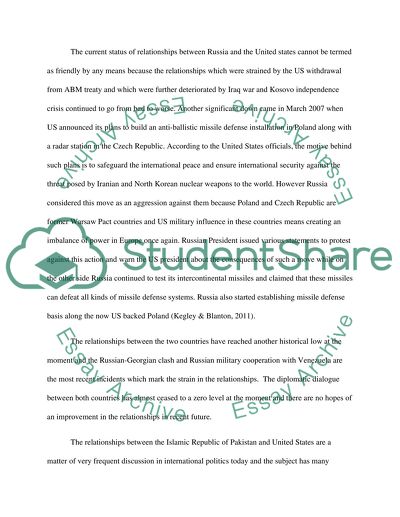Cite this document
(“Current Events and U.S. Diplomacy Essay Example | Topics and Well Written Essays - 1500 words”, n.d.)
Retrieved from https://studentshare.org/history/1438009-current-events-and-us-diplomacy
Retrieved from https://studentshare.org/history/1438009-current-events-and-us-diplomacy
(Current Events and U.S. Diplomacy Essay Example | Topics and Well Written Essays - 1500 Words)
https://studentshare.org/history/1438009-current-events-and-us-diplomacy.
https://studentshare.org/history/1438009-current-events-and-us-diplomacy.
“Current Events and U.S. Diplomacy Essay Example | Topics and Well Written Essays - 1500 Words”, n.d. https://studentshare.org/history/1438009-current-events-and-us-diplomacy.


